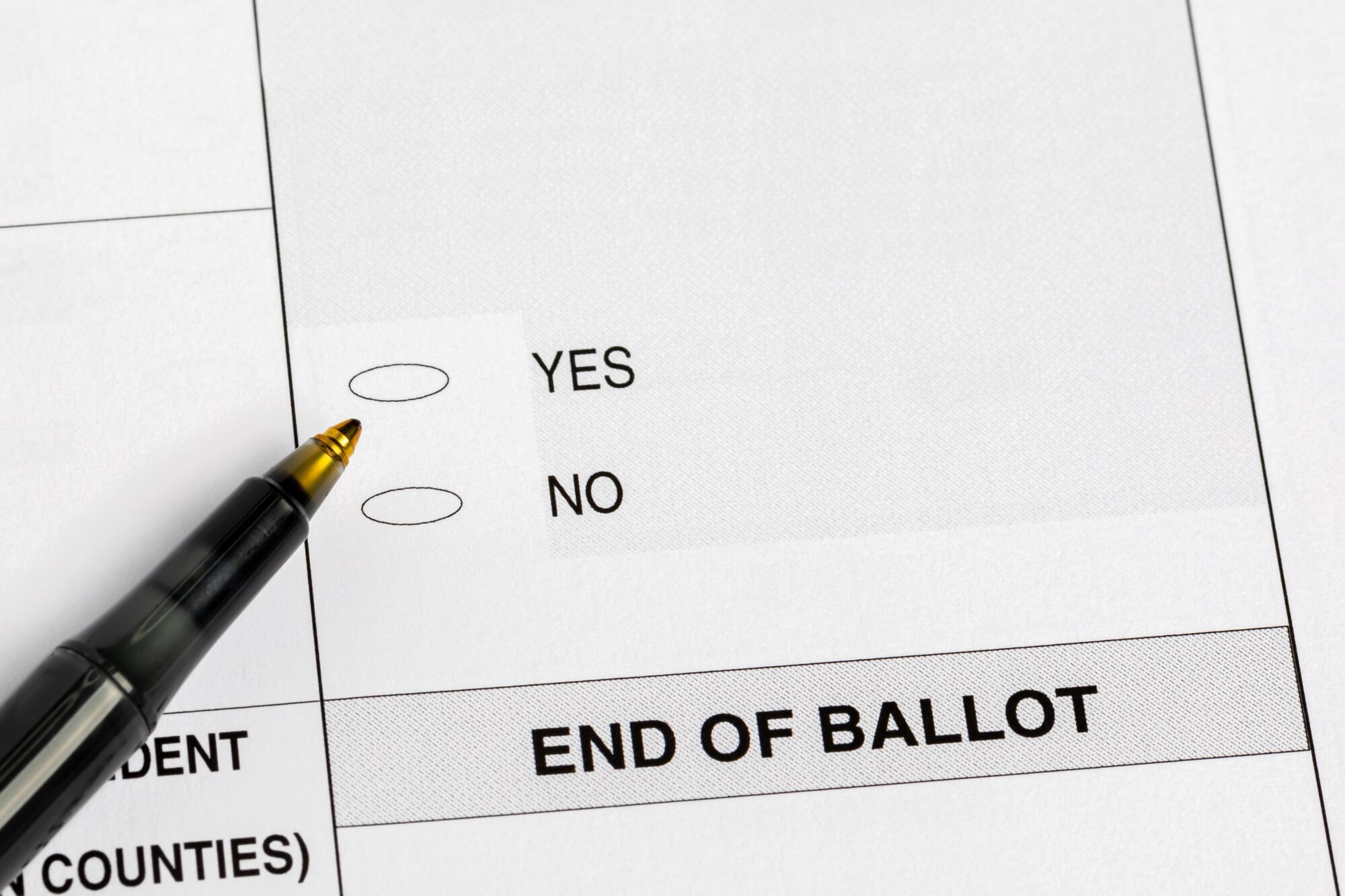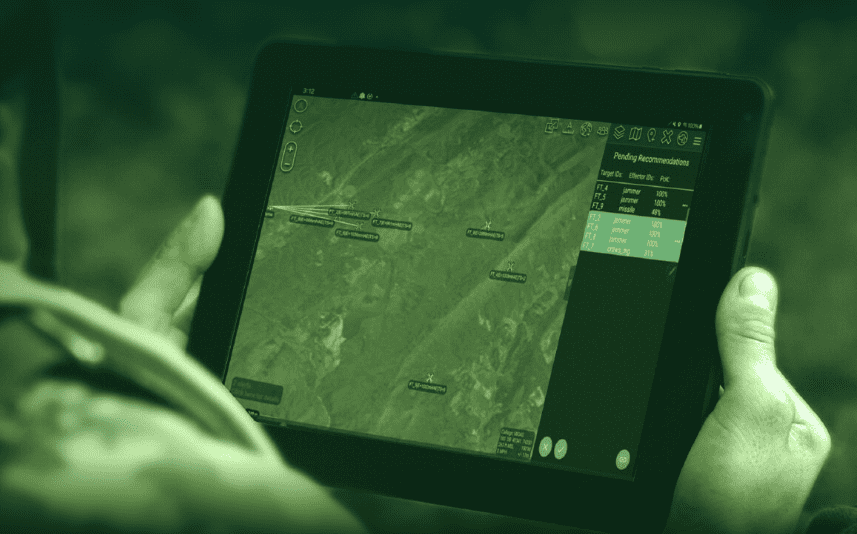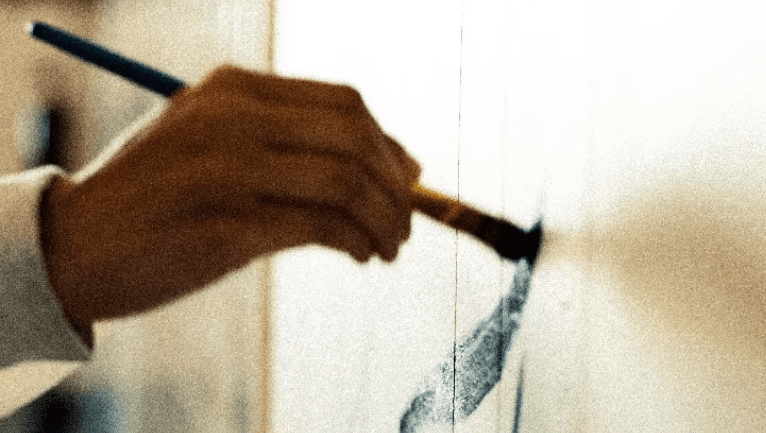ERIC CLARK: Our election machines are selected with care
Next year, nearly every voter in Mississippi will cast ballots on new touch-screen voting machines. These will replace out-of-date machines and greatly improve the accuracy and integrity of every election in Mississippi.
Working with local election officials and members of the disabled community, we selected these touch-screen machines after a thorough, open bid process. They are the most “user-friendly” machines we studied and the lowest priced. Using federal money and state matching funds, we can make this purchase at no cost to the counties. Counties will also save money every election by not having to print thousands of paper ballots.
Replacing antiquated voting machines is a requirement of the federal “Help America Vote Act (HAVA)” signed by President Bush in 2002. A basic goal of HAVA is that all voters and votes be treated uniformly. At least 76 counties will be required by federal law to use new machines next year. Also, at least one device that is fully accessible to the disabled must be in every polling place. Our statewide purchase meets these goals while getting the best possible price by buying in bulk.
Essential counts
It is essential that every vote cast by Mississippians must be accurately counted. That is why we are buying these touch-screen machines. The evidence is overwhelming that they are the most accurate and secure voting machines made anywhere. They have been thoroughly tested by an independent, federally selected testing laboratory.
Touch-screen machines make it impossible for a voter to vote for more than one candidate for a single office, and also give voters a second chance to make sure they have voted for every office. These features greatly reduce the voter errors. Analysis of the 2004 presidential vote indicates that more than 50,000 Mississippians had their votes thrown out due to inaccurate and out-of-date voting machines. The highest error rates were seen on punch card, lever, and central scanner machines.
Security
On every machine, there is a printer that produces a paper record of the votes cast for each candidate. In addition, every machine stores an image of every ballot cast so that paper copies of every ballot can be produced at the Courthouse. Right now these machines have paper backup of electronically recorded votes.
On top of that, we will buy printers to produce a “voter-verified paper trail” if Congress fully funds HAVA in the next federal budget. This extra printer would allow voters to see a paper printout of their selections as they cast their ballots. Adding that feature can only further bolster the confidence of Mississippi voters.
Voters in Hinds and Rankin County already use touch-screen machines. They work very well and voters like them. The Hinds and Rankin machines do not produce a “voter-verifiable” paper trail.
By federal law, every voter, regardless of disability, has the right to vote in private. Thanks to these touch-screen machines, blind voters, as well as voters who may have reading difficulties, can vote a secret ballot. Headphones allow voters to hear the ballot. Headphones also can be easily adapted for voters who speak a language other than English.
In coming months, we will be traveling to every county in Mississippi, working with local election officials so voters can see the new machines. Voter education and training for county officials and pollworkers are essential for better elections. We’ll be in Courthouses, libraries, schools, churches, malls, and every we can go to make sure our citizens can see and touch the most accurate, secure voting machines in the nation.
Eric Clark is Mississippi’s secretary of state and chief elections officer.
7/26/5
Editorial By Eric Clark
Northeast MS Daily Journal







